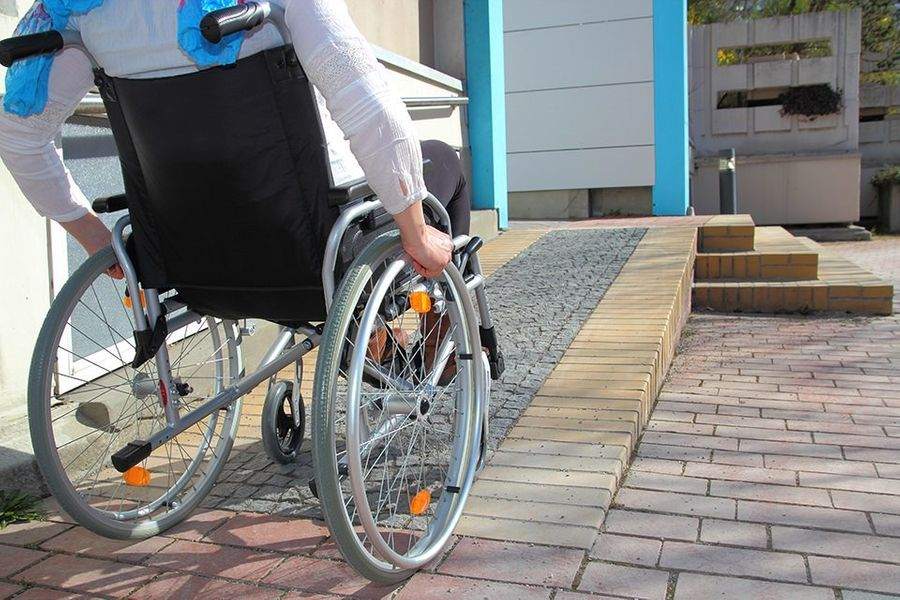Government confirms plans to boost supply of accessible homes for older and disabled people

New homes will be more accessible for older and disabled people as the UK Government last week confirmed plans to raise the accessibility standard following a full consultation of proposals.
The raising accessibility standards for new homes consultation proposed staying with the existing framework for accessible housing, reconsidering the way existing standards are used or raising the minimum standard. The government has stated that it is now committing to raising the minimum standard, giving people the dignity and security they deserve in their homes.
Raising the minimum accessibility standard will require all new homes to have step-free access to all entrance level rooms and facilities as well as further features to make homes more easily adaptable over time, supporting people to live independent lives.
Since 2010 the government has given councils over £4.5 billion to deliver almost half a million home adaptations. Current planning rules already mean councils must consider the needs of older and disabled people when planning for new homes.
The new changes mean older and disabled people can live more independently in their own homes, with greater choice and control over their lives, and be able to work, socialise and contribute to society as fully as possible. It will ‘future proof’ new homes for successive generations, saving costs associated with moving or adapting homes.
Christina McGill, Co-Chair of the Housing Made for Everyone (HoME) coalition, said: “The need for accessible homes is going to grow significantly over the next 20 years as our population ages. Improving mandatory access standards will remove many of the barriers currently limiting the number of accessible homes being built and help deliver the right quality of homes for everyone.
“We look forward to further discussions with the government on the next phase of consultation. This must be carried out with urgency and address the finer details needed to deliver on the promise of housing that is suitable and accessible for people throughout their lives.”
Meanwhile Minister for Rough Sleeping and Housing Eddie Hughes said: “Older and disabled people must have homes which are suitable for their needs, and allow them to live comfortably and independently.
“This consultation has made clear raising the accessibility standard of new homes is supported not just by people who use accessible homes, but by industry and wider stakeholders as well.”
Responses in the government consultations were significantly in favour of raising the minimum accessibility standard. From over 400 responses to the consultation, an overwhelming 98 per cent supported government’s intention to raise accessibility standards of new homes. The most favoured options were the two that included mandating a higher accessibility standard.
A second consultation will be carried out in due course, the government has stated. This will cover the detail of the regulatory changes, including updates to statutory guidance as well as the circumstances where exceptions to applying the higher standard will apply.
In June 2022 the Centre for Ageing Better launched a bold new public campaign with a strategy to ensure that older age groups can live in more accessible homes in intergenerational communities.


